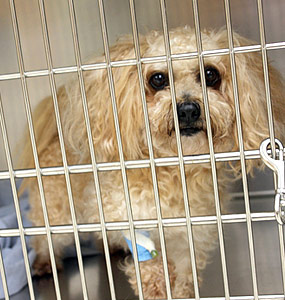After effects of anaesthetic on dogs
After Effects Of Anaesthetic On Dogs. Senior dogs and very young dogs can have an increased risk under anesthesia because of changes in or immaturity of some of their bodys organs or systems. The endotracheal tube will be taken out but only once a dog is able to swallow and cough on their own. With todays anesthetics many of which are reversible your dog should be almost completely normal by the time of discharge. You can try feeding your dog a small soft very bland meal as long as the vet has said its okay to do so.
 Anaesthesia And Your Dog Dogsactually From dogsactually.com
Anaesthesia And Your Dog Dogsactually From dogsactually.com
With todays anesthetics many of which are reversible your dog should be almost completely normal by the time of discharge. The whining is due to the anesthetic drugs given for surgery these drugs can cause your dogcat to be confused and disoriented dysphoric. Use of vagotonic drugs alpha-2 adrenergic agonists or opioids increased vagal tone intubation oculocardic reflex hyperkalemia increased potassium. If your dog has not fasted prior to anesthesia she could vomit and possibly aspirate food or fluid into her lungs even with intubation tube to keep the airway open. Low blood oxygen or hypoxemia. Some older dogs and cats still look and act like puppies and kittens.
Just as with human medicine and procedures it is common to experience side effects.
Dogs can experience some after effects following general anesthesia. Use of vagotonic drugs alpha-2 adrenergic agonists or opioids increased vagal tone intubation oculocardic reflex hyperkalemia increased potassium. While your dog recovers from the anesthesia he may need help maintaining his normal body heat. You may have difficulty passing urine for a short time after general anesthesia. The endotracheal tube will be taken out but only once a dog is able to swallow and cough on their own. Many anesthetics cause blood vessels in the skin to dilate causing heat loss according to Washington State University.
 Source: todaysveterinarypractice.com
Source: todaysveterinarypractice.com
Anesthesia teams know to watch for this and methods to keep aspiration from occurring. More rare reactions to dog anesthesia are side effects like seizures visual impairments clotting disorders like von Willebrands disease in dogs and system organ failures of. Anesthesia complications commonly seen in older dogs include low blood pressure or hypotension. One may also ask what are the side effects of anesthesia in dogs. Many dogs are sleepy or tired for twelve to twenty-four hours after anesthesia.
 Source: canna-pet.com
Source: canna-pet.com
This could potentially result in a condition called aspiration pneumonia which can be life-threatening. For dogs it is. For the first few days following general anesthesia keep your pet in a cozy warm room. Many anesthetics cause blood vessels in the skin to dilate causing heat loss according to Washington State University. Once the operationsurgery is finished the anaesthetic gas is removed and dogs are just given oxygen through the tube for a few minutes so they can recover.
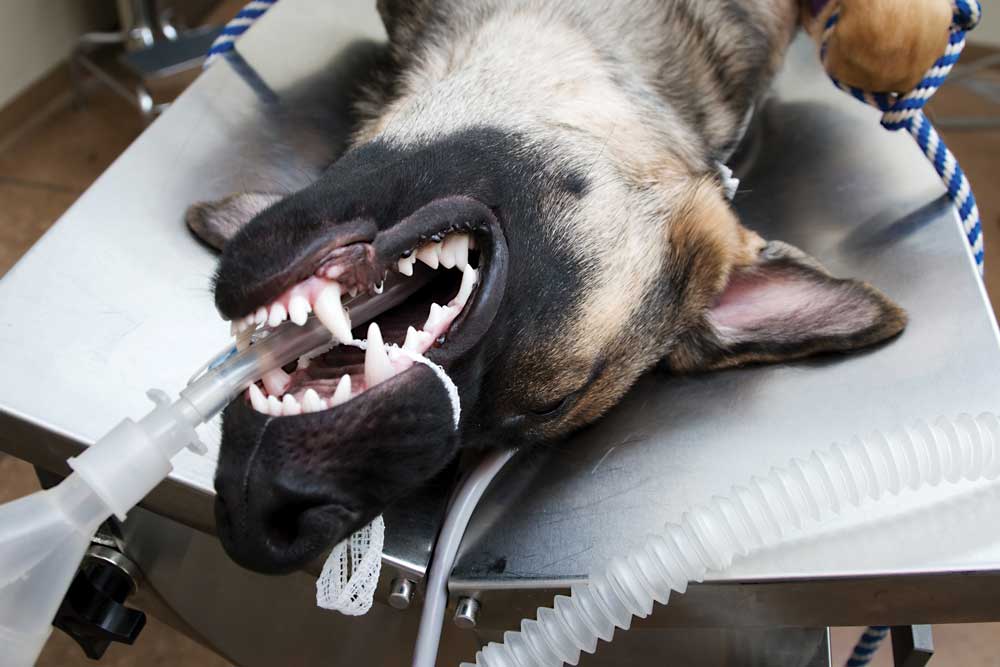 Source: pawsandclawsanimalhospital.com
Source: pawsandclawsanimalhospital.com
If your dog appears to be unusually sluggish or you cannot arouse them easily contact the hospital immediately for specific advice. Many anesthetics cause blood vessels in the skin to dilate causing heat loss according to Washington State University. The general anaesthetic andor sedative can take a number of hours to wear off and in some cases can cause patients to appear drowsy for a day or so. Anesthesia complications commonly seen in older dogs include low blood pressure or hypotension. You may have difficulty passing urine for a short time after general anesthesia.
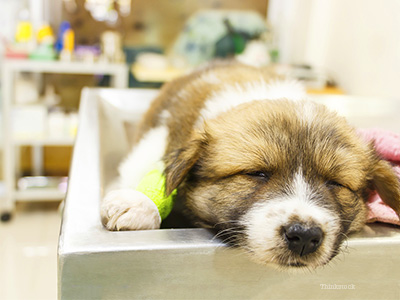 Source: pethealthnetwork.com
Source: pethealthnetwork.com
Dont worry if they dont eat until the next day. Some older dogs and cats still look and act like puppies and kittens. For dogs it is. Dont worry if they dont eat until the next day. If your dog has not fasted prior to anesthesia she could vomit and possibly aspirate food or fluid into her lungs even with intubation tube to keep the airway open.
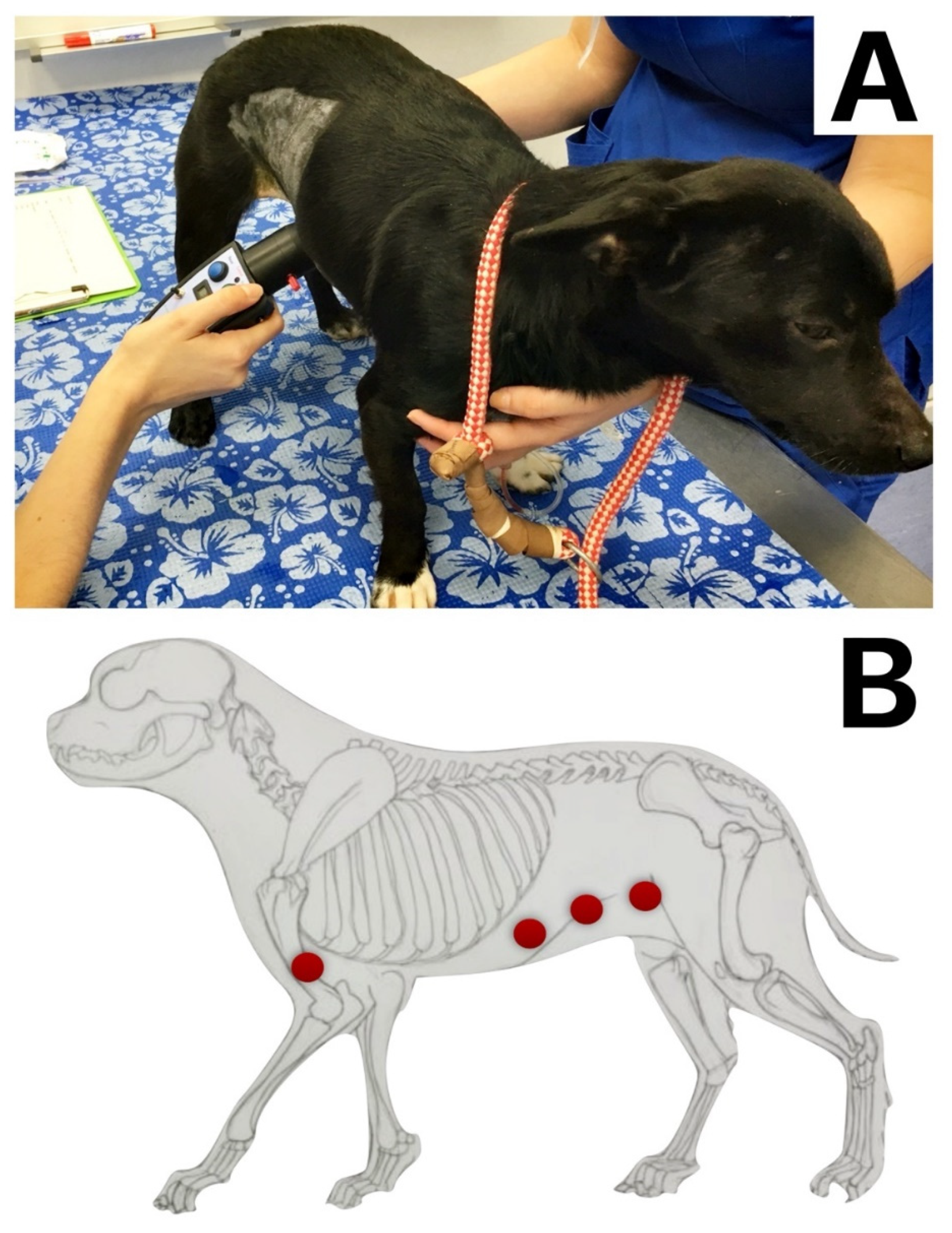 Source: mdpi.com
Source: mdpi.com
Can you feed your pet tonight. We expect this behavior as frustrating as it can be for the next 12 to 24 hours as the anesthetic drugs wear off. My Basset Hound 12 is in the early stages of Canine Cognitive Dysfunction doggy dementia. You may have difficulty passing urine for a short time after general anesthesia. The general anaesthetic andor sedative can take a number of hours to wear off and in some cases can cause patients to appear drowsy for a day or so.
 Source: preventivevet.com
Source: preventivevet.com
If your dog has not fasted prior to anesthesia she could vomit and possibly aspirate food or fluid into her lungs even with intubation tube to keep the airway open. Common Side Effects of Anesthesia on Dogs Behavioral Changes. Many dogs are sleepy or tired for twelve to twenty-four hours after anesthesia. Nausea is a common side effect of the sedation and anesthetic drugs and should pass within 12-24 hours of the surgery. One may also ask what are the side effects of anesthesia in dogs.
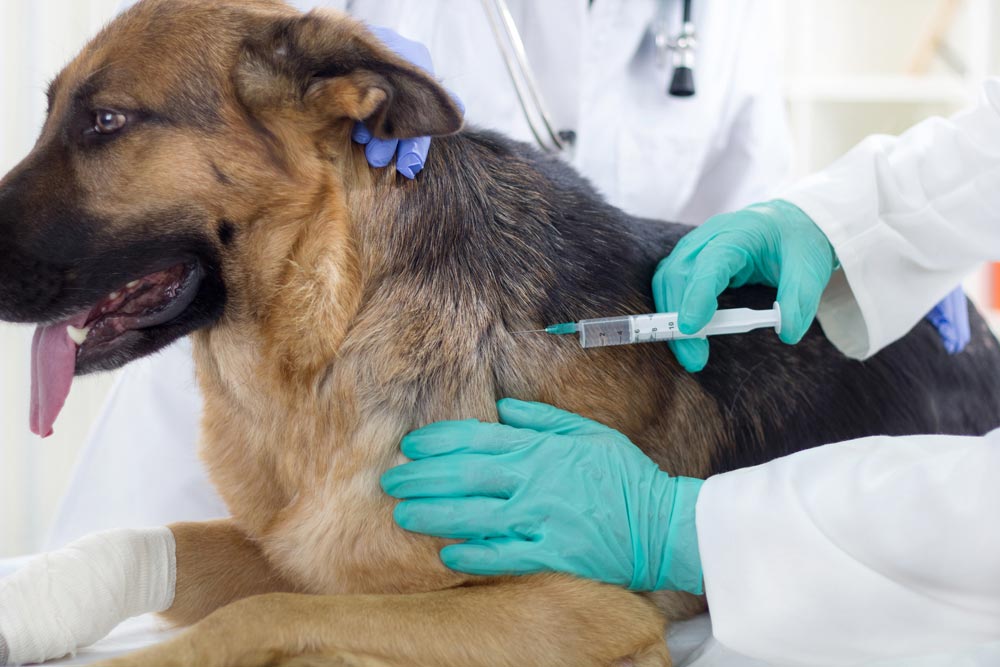 Source: kindredcarepet.net
Source: kindredcarepet.net
Changes in appetite diarrhea lethargy allergic reactions and other side effects are common. Hes not having a case of doggy Alzheimers. Many dogs are sleepy or tired for twelve to twenty-four hours after anesthesia. This is a common side effect of this class of drugs. In people post-operative nausea and vomiting is one of the major side effects of anaesthetic drugs.
 Source: dogsactually.com
Source: dogsactually.com
For dogs it is. You may feel dizzy when you first. While your dog recovers from the anesthesia he may need help maintaining his normal body heat. This is common for the first couple of days since your dogs digestive tract was emptied when he fasted before surgery. You may have difficulty passing urine for a short time after general anesthesia.
 Source: healthypets.mercola.com
Source: healthypets.mercola.com
Dogs and cats however dont suffer with the same concerns and can be fed their usual diet once recovered from the anaesthetic. The whining is due to the anesthetic drugs given for surgery these drugs can cause your dogcat to be confused and disoriented dysphoric. However if your pup hasnt had a bowel movement within five days of the surgery contact your vet. Can you feed your pet tonight. One may also ask what are the side effects of anesthesia in dogs.
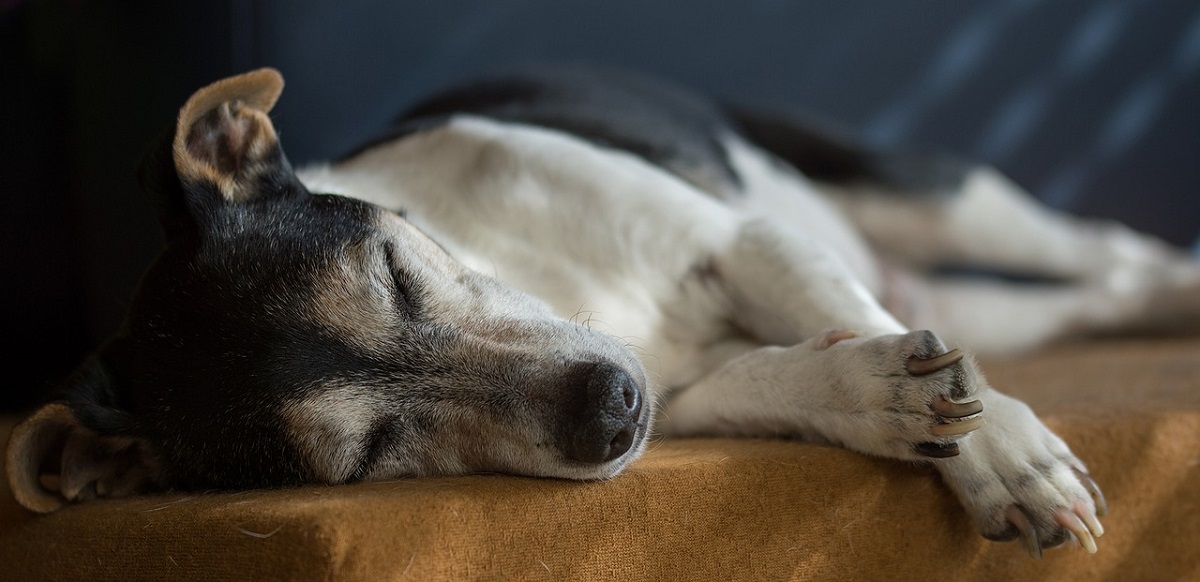 Source: canna-pet.com
Source: canna-pet.com
Speaking bradycardia refers to heart rates dogs 70 bpm in small dogs and 100 bpm in cats. For dogs it is. Over the next day or two their behaviour should return to normal. Older dogs also are prone to hypothermia or dangerously low body temperature which slows their metabolism and recovery from anesthesia. Low heart rate or bradycardia.
 Source: veterinarypracticenews.com
Source: veterinarypracticenews.com
Common Side Effects of Anesthesia on Dogs Behavioral Changes. Some dogs vomit after general anesthesia and this is not cause for alarm unless the vomited material enters their lungs where it can cause aspiration and pneumonia. In people post-operative nausea and vomiting is one of the major side effects of anaesthetic drugs. One may also ask what are the side effects of anesthesia in dogs. Just as with human medicine and procedures it is common to experience side effects.
 Source: whole-dog-journal.com
Source: whole-dog-journal.com
Low heart rate or bradycardia. My Basset Hound 12 is in the early stages of Canine Cognitive Dysfunction doggy dementia. Dogs and cats however dont suffer with the same concerns and can be fed their usual diet once recovered from the anaesthetic. After doing some more research several people have found that the gas anesthesia is not recommended for dogs with this condition. Another potential issue after anesthesia is a failure to pass stool.
If you find this site helpful, please support us by sharing this posts to your favorite social media accounts like Facebook, Instagram and so on or you can also save this blog page with the title after effects of anaesthetic on dogs by using Ctrl + D for devices a laptop with a Windows operating system or Command + D for laptops with an Apple operating system. If you use a smartphone, you can also use the drawer menu of the browser you are using. Whether it’s a Windows, Mac, iOS or Android operating system, you will still be able to bookmark this website.



